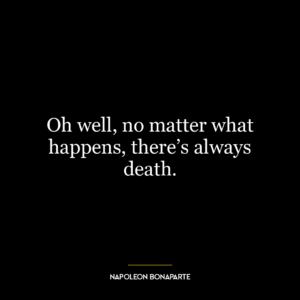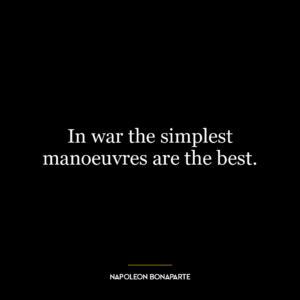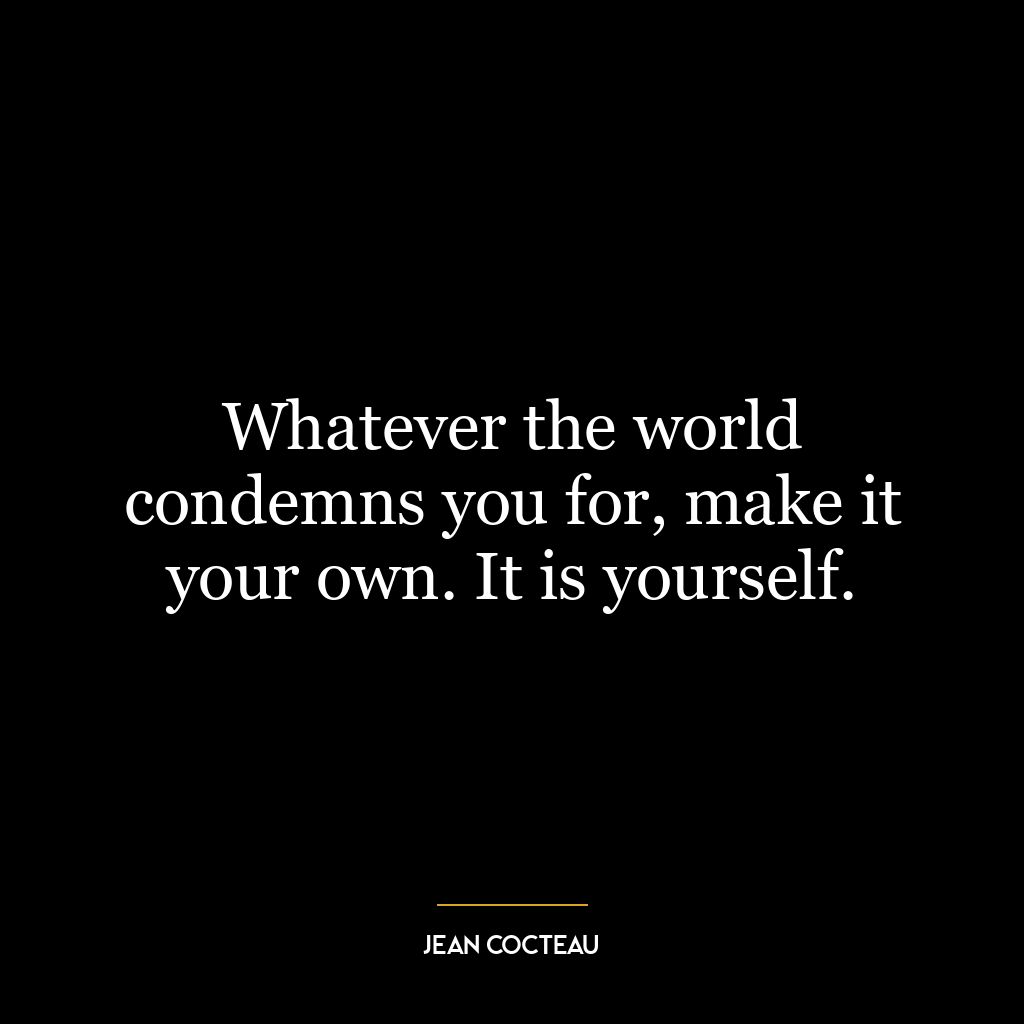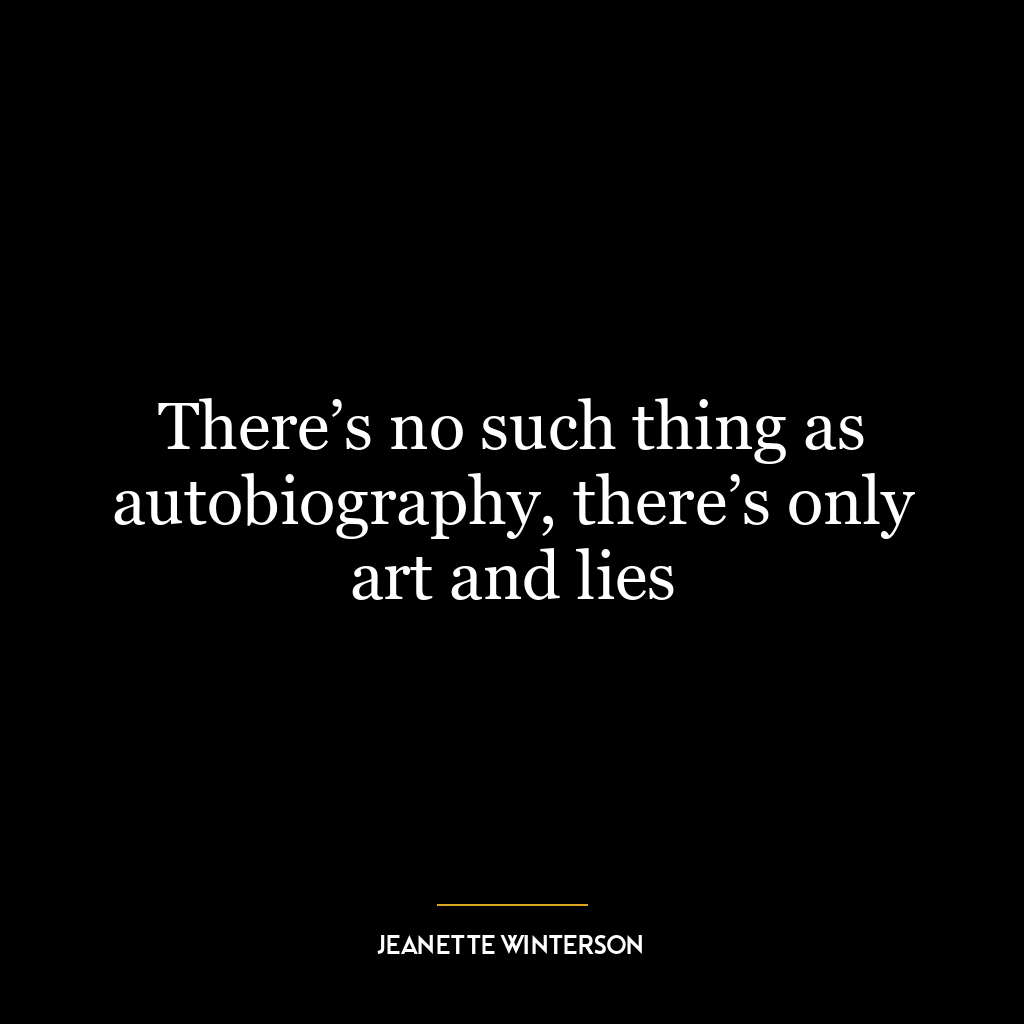This quote suggests that fashion, while it can be a form of self-expression and creativity, can also be a form of enslavement. It can lead us into the folly of thinking that our worth is determined by our outward appearance, rather than our character or actions. The greatest folly, according to the quote, is to become a slave to fashion, to let it dictate our choices and behaviors to such an extent that we lose our individuality and freedom.
The idea of becoming a slave to fashion is about more than just clothing. It’s about the pressure to conform to societal standards and trends, to constantly strive for an unattainable ideal of beauty or style. It’s about the obsession with material possessions and the belief that they can bring happiness or fulfillment. It’s about the fear of being judged or rejected if we don’t measure up to these standards.
In today’s world, this idea is more relevant than ever. With the rise of social media and the constant bombardment of images of perfection, many people feel an intense pressure to look a certain way, to own certain things, to lead a certain lifestyle. This can lead to a lot of stress, anxiety, and unhappiness. It can also lead to more serious issues, like low self-esteem, body image issues, and mental health problems.
In terms of personal development, this quote is a reminder to not let external factors control our lives. It’s a call to value our individuality and to make choices that are true to who we are, rather than what society expects of us. It’s about finding a balance between enjoying fashion and trends, and not letting them define us or dictate our self-worth.
Ultimately, the quote is a critique of consumerism and the culture of superficiality. It’s a call to focus on what’s truly important in life – our character, our actions, our relationships, our passions – rather than on outward appearances.












